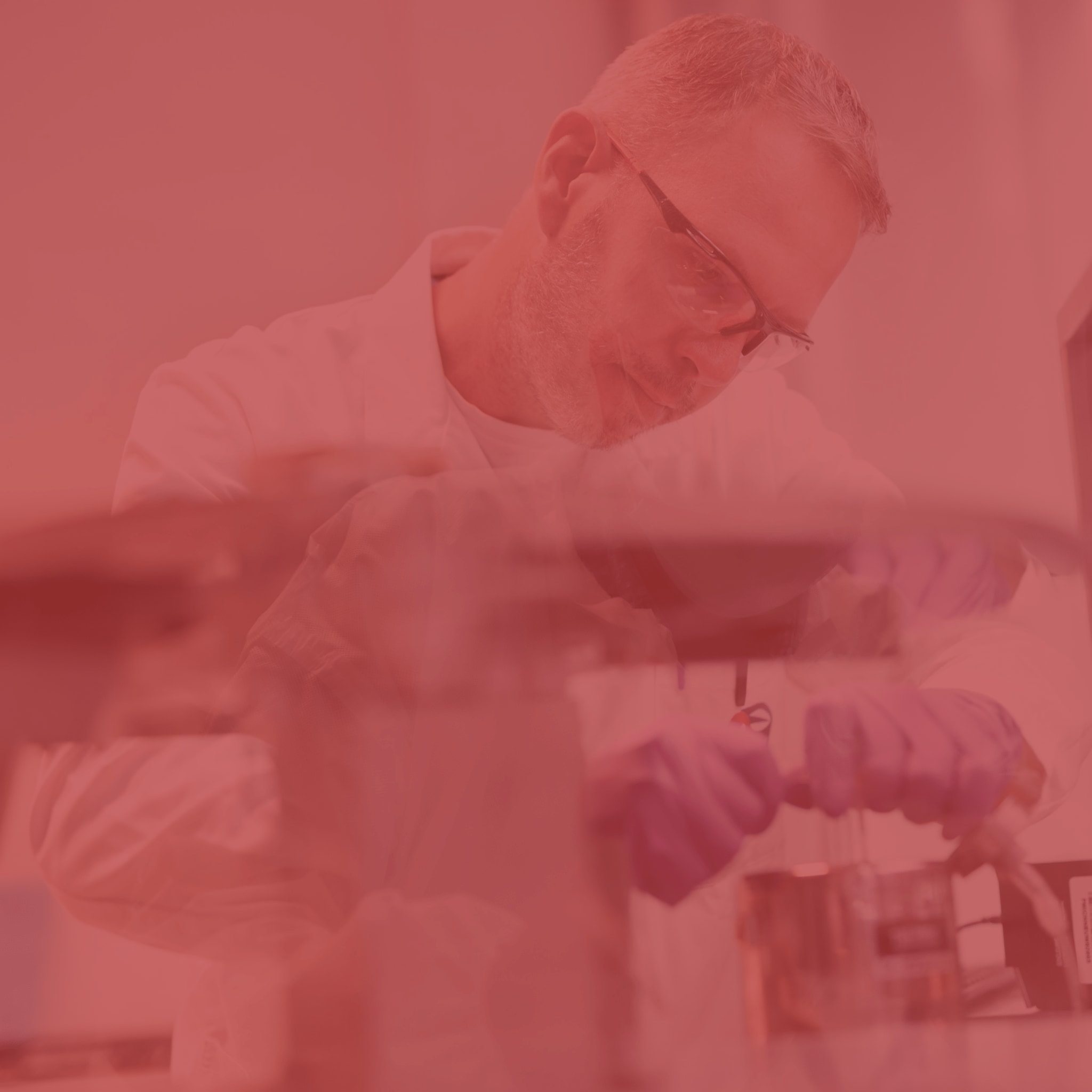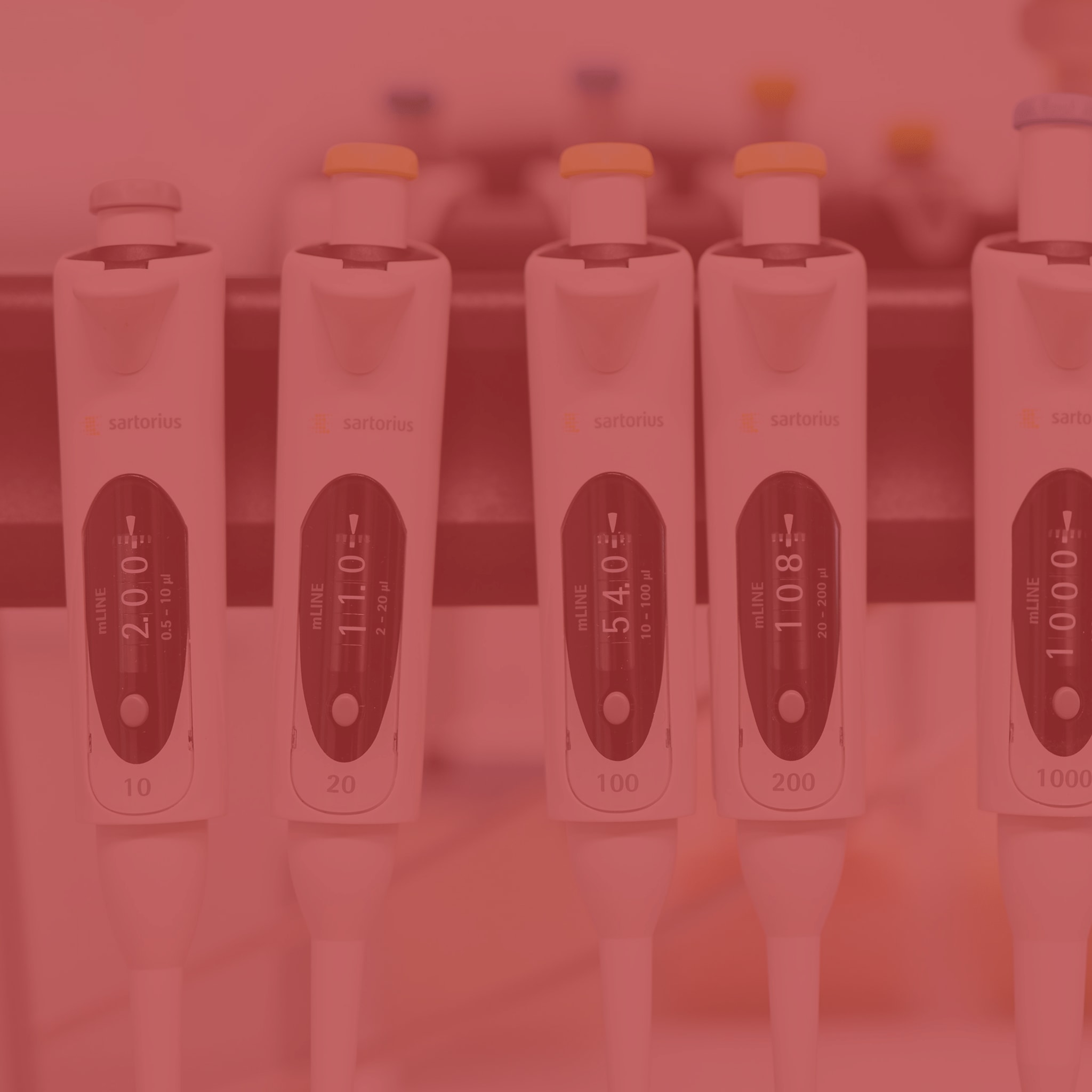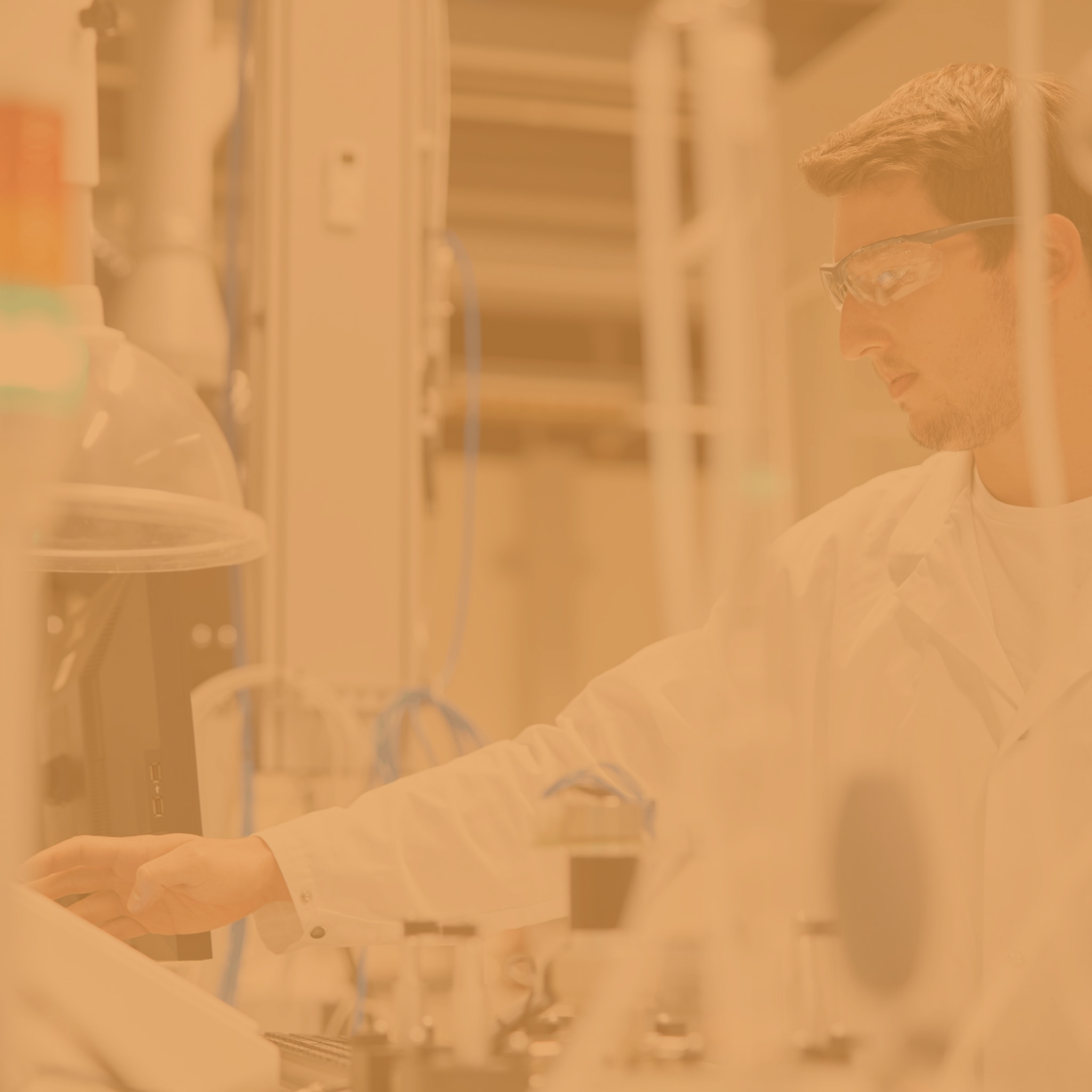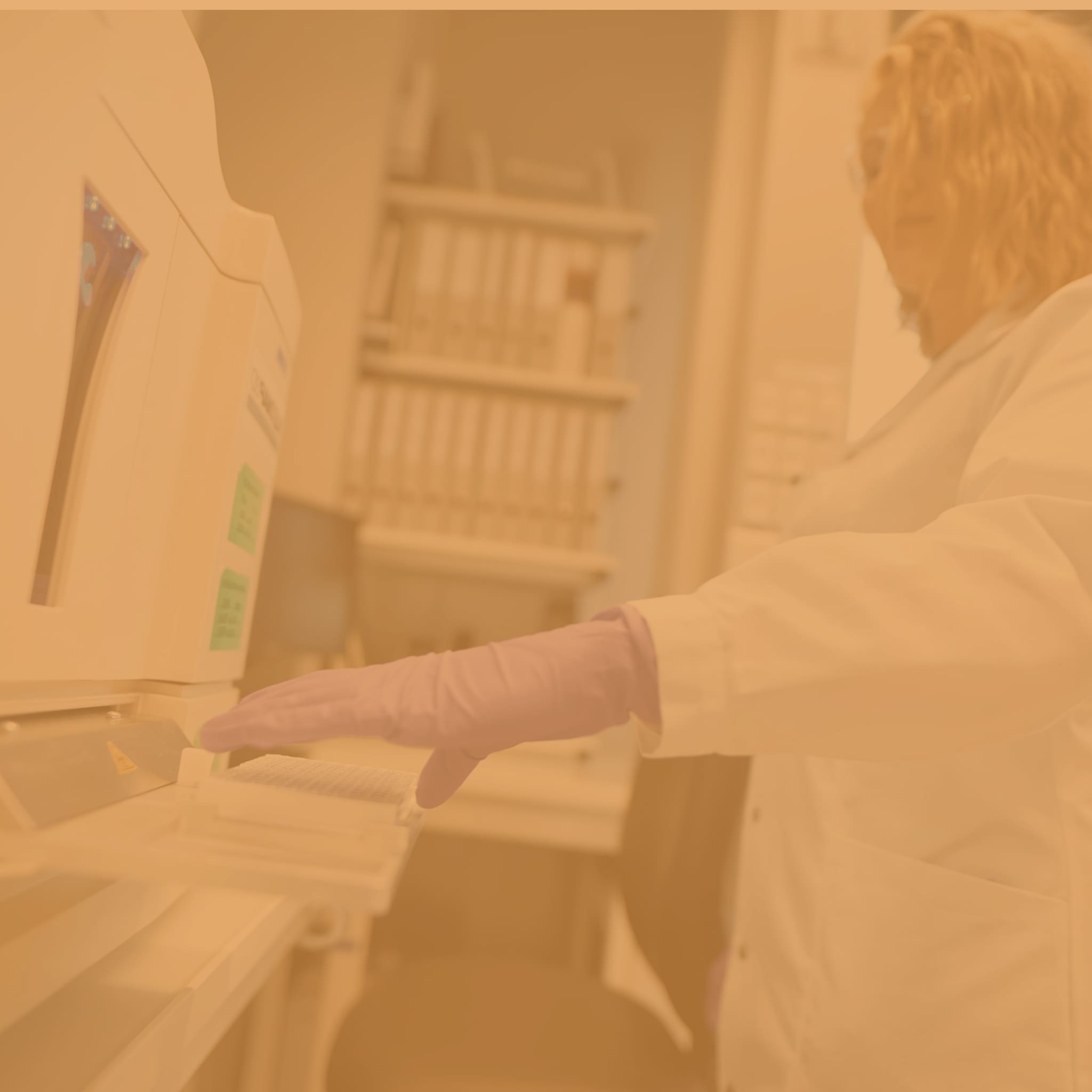Understanding our research outcomes
PMI conducts rigorous scientific studies to substantiate the harm reduction potential of switching to THS compared with continued cigarette smoking. THS electrically heats a uniquely processed tobacco plug to release a nicotine-containing aerosol without burning.
We have accumulated nonclinical and clinical data to support the potential of THS to reduce the risk of smoking-related harm compared with cigarettes. Through our scientific assessment program, we have demonstrated that no combustion occurs during THS use, and the aerosol generated contains an average of 90-95% lower levels of harmful and potentially harmful constituents (HPHCs) than found in cigarette smoke.
At each step of our assessment program, we apply rigorous standards that correspond to national regulations and internationally recognized research guidelines, principles, and practices. The program is guided by the 2012 draft guidance for modified risk tobacco product (MRTP) applications issued by the U.S. Food and Drug Administration’s Center for Tobacco Products.
Our research covers a wide range of topics including:
- Aerosol chemistry and indoor air quality
- Toxicology
- Clinical studies
- Initiation and usage patterns
- Long-term impact
On this page, you can discover our research findings on the THS. These studies contribute to a deeper understanding of the risk-reduction potential of our HTPs and the role they can play in tobacco harm reduction efforts.
















